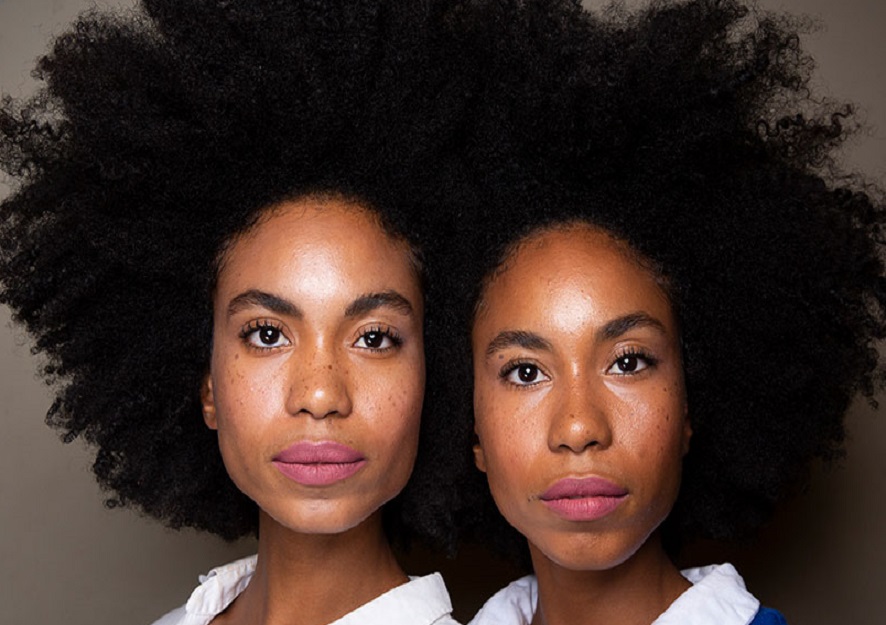The relationship between Black women and their natural hair has been bittersweet, from being called nappy to other derogatory names. In recent times, however, more Black women are learning to embrace their natural manes because the natural hair coupled with the Black Lives Matter movement has liberated more women to wear natural hairstyles.
New research shows that there is a lower chance for Black women with all sorts of natural hairstyles – curly afros, twists, or braids – to get job interviews than their White counterparts or Black women with straightened hair.
The study was by researchers from Duke University’s Fuqua School of Business. Published in the journal Social Psychological and Personality Science, the study indicates how societal preferences fuel racial discrimination in the workplace.
Participants in the research perceived Black hairstyles as less professional, especially for Black women vying for positions in industries with a more conservative outlook.
According to a press release, researcher Ashleigh Shelby Rosette, a management professor and a senior associate dean, said, “In the aftermath of the George Floyd murder and the corresponding protests, many organizations have rightly focused on tactics to help eradicate racism at systemic and structural levels.”
“But our individually held biases often precede the type of racist practices that become embedded and normalized within organizations,” she added.
There is a certain standard of perceived professionalism that is deep-rooted in biases towards Western beauty standards. Ideal beauty images such as White women with straightened hair are more accepting for many and recruiters tend to also deem those as more professional than anything that does not conform to those standards, Rosette told CNN.
For the study, hundreds of participants from different races were chosen to screen potential job candidates just as recruiters would. They were then asked to rank the participants based on their competence, professionalism and other factors with pseudo-Facebook and LinkedIn profiles of the candidates.
The study had various sections and in three of the studies, members were from the general population. For the study comparing attitudes in management consulting and advertising, MBA students were engaged.
In the research, it was realized that natural hair played a huge factor in the rankings. Black women with natural hair received lower scores for professionalism and competence and were not shortlisted or recommended for interviews.
However, Black women with straightened hair, White women with straight hair or even White women with curly hair sailed through to the interview stages and received good scores for professionalism and competence.
In one scenario, two groups were given the same Black woman to evaluate for a job. To justify the purpose of this research, one group had a photo of this candidate with natural hair while the other had a photo of her with straight hair and the outcome was different.
The group with the straight-haired photo ranked the candidate higher for professionalism and gave her strong recommendations for interview while the other group did not.
According to Rosette, it is not industry practice to require photos of applicants but in recent times, it is easier for the recruiter to find one online from their social media handles.
“It would almost be an automatic thing to Google the person’s name and see what their profile looks like on social media,” she said.
Depending on the industry, the results also varied. For managerial positions where their dress code is regarded as conservative, Black women with natural hair were not shortlisted. However, they made the cut for positions in advertising which is deemed a more creative field “with less rigid dress norms.”
Natural hair bias is a thing and Rosette said it should not be trivialized. “What we suggest is that hair and the hair choices of Black women can be very consequential,” she said. “Hair is not just hair.”
In the past, Black women wore afros to make political statements but now people wear their own hair because it is healthier, less expensive and seen as more convenient.
“In no way are we asking that the Black woman change who she is,” she said. “We’re asking that people understand that this difference exists.”
The CROWN Act has been a game-changer in the United States; California, New York, New Jersey, and Virginia have enforced this Act which bans any form of discrimination against natural Black hairstyles and other states are also looking to enforce it.
The US Navy now has a hairstyle policy that is more inclusive, and all these changes are welcoming but there is still more work to be done. “There is movement where there previously had not even been recognition [sic],” Rosette said.
This movement has been a long time coming and Black women are certainly more than their hair even though their hair is still a big part of their identity.










